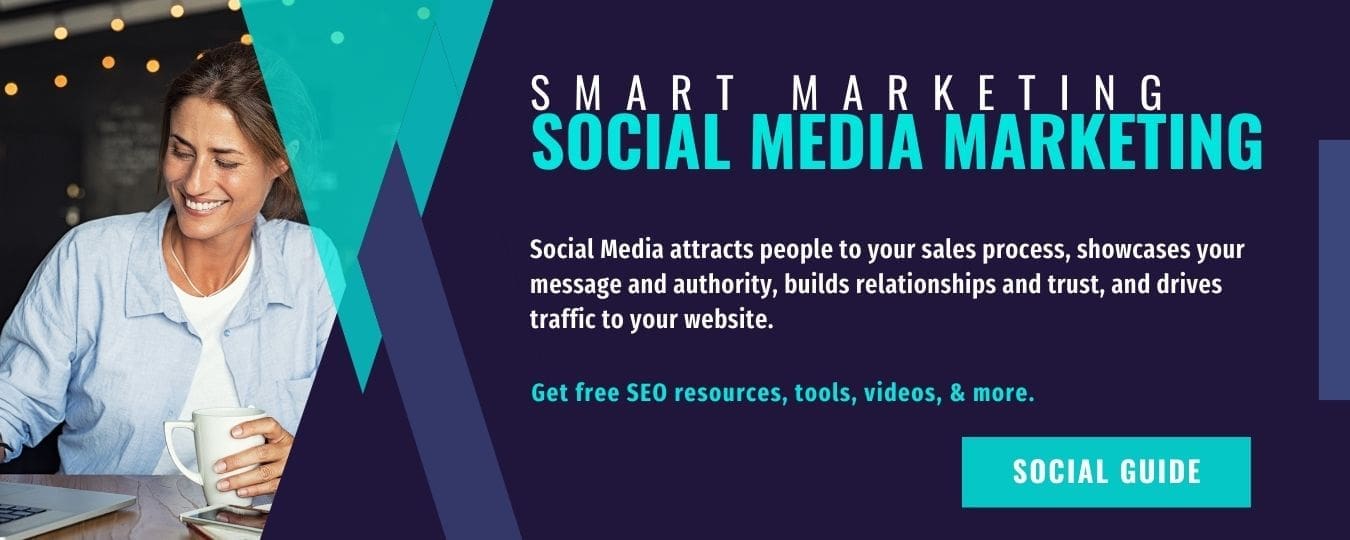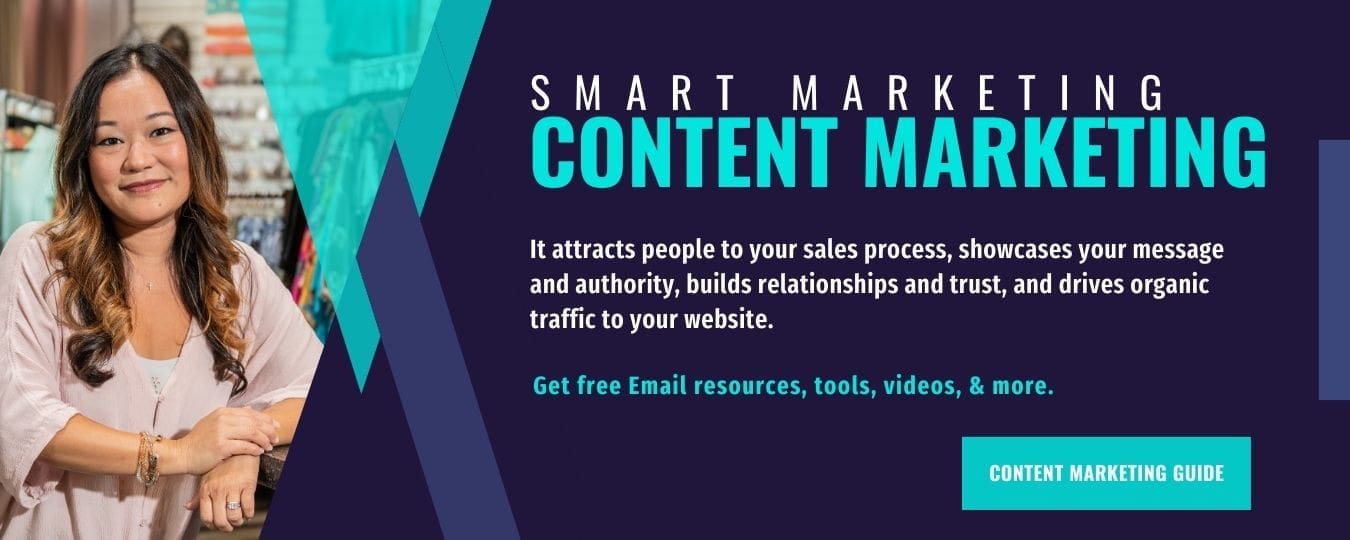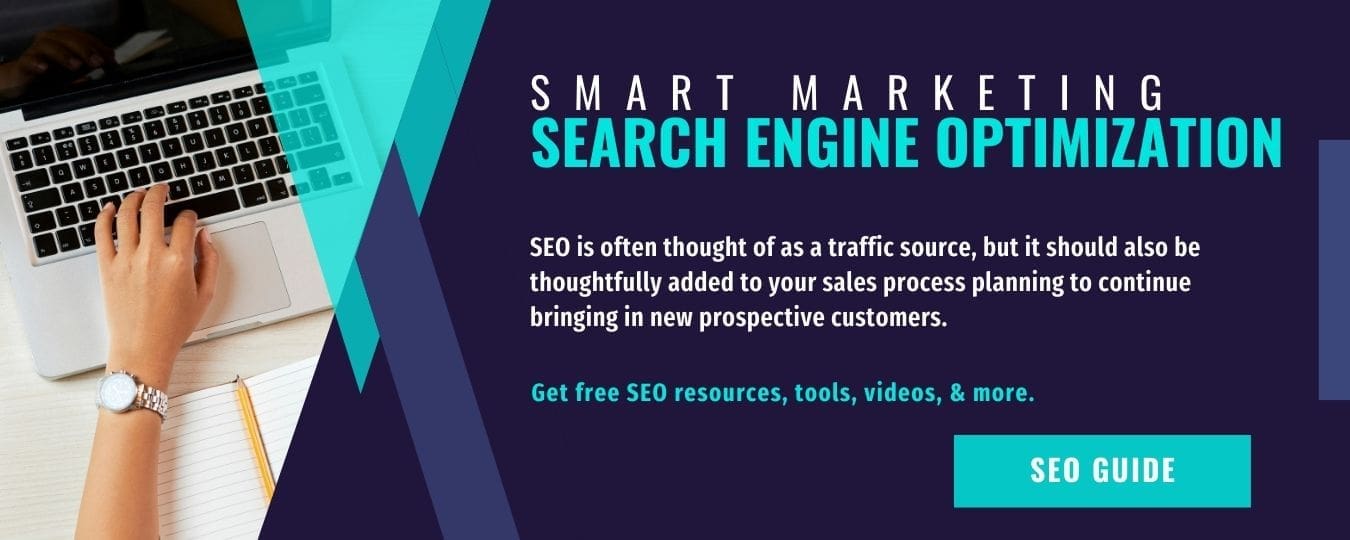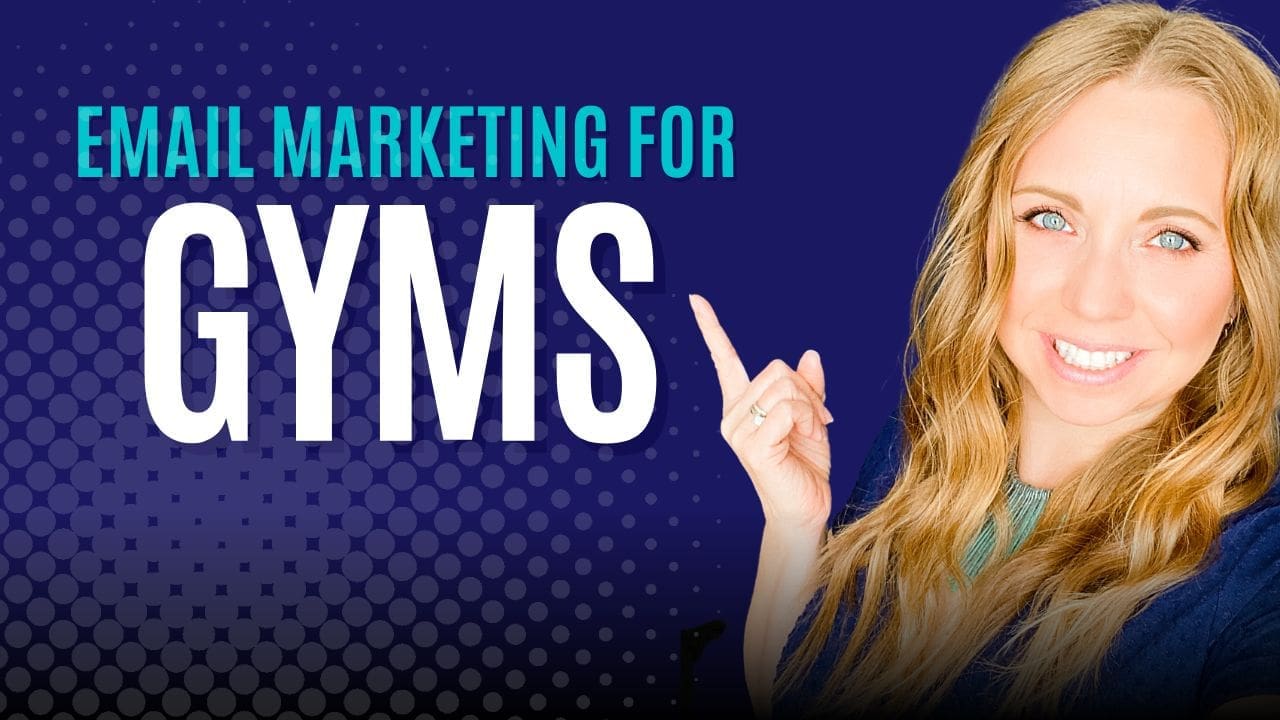10 Low-Cost Marketing for Coaches

For Coaches, the art of marketing one’s services effectively without breaking the bank is not just a skill – it’s a necessity.
For business coaches, the challenge often lies in balancing the need to attract new clients and showcase their expertise, while also managing resources wisely. This is where the magic of low-cost marketing strategies comes into play.
Low Cost Marketing for Coaches
Low-cost marketing is not about cutting corners or compromising on quality. Instead, it’s about leveraging creativity, technology, and a deep understanding of one’s target audience to create impactful marketing campaigns that resonate without requiring a hefty investment.
In a world where every penny counts, these strategies are a lifeline for business coaches looking to expand their reach and grow their practice.
As we delve into the realm of cost-effective marketing, it’s important to remember that low cost doesn’t mean low effort. The strategies we’re about to explore require thoughtfulness, consistency, and a willingness to experiment and learn.
From harnessing the power of social media to engaging in community building and leveraging client testimonials, each approach offers a unique pathway to success.
So, whether you’re a seasoned coach or just starting out, buckle up and get ready to discover how you can make a big impact with a small budget.
Welcome to the world of low-cost marketing for coaches – where creativity, strategy, and resourcefulness come together to help you grow your coaching practice.
1. Leverage Social Media Platforms
Social media is more than just a virtual meeting place; it’s a bustling marketplace of ideas, connections, and opportunities, especially for business coaches.
The key to harnessing the power of these platforms lies in understanding where your audience spends their time and what content resonates with them.
Social Media Action Steps
First and foremost, identify the social media platforms where your target audience is most active. Are they scrolling through LinkedIn for professional insights? Or are they engaging with dynamic content on Instagram?
Once you’ve pinpointed these platforms, the next step is to create content that not only engages but also adds value to your audience. This could be anything from insightful articles and tips to engaging videos and compelling infographics.
Social Media Tips
Consistency is king in the realm of social media. Utilize scheduling tools to plan your posts in advance. This ensures a steady stream of content that keeps your audience engaged and your brand top of mind. Tools like Buffer or Hootsuite can be invaluable allies in managing your social media presence efficiently.
Social Media Mistakes to Avoid
A common pitfall for many is the temptation to be everywhere at once. Spreading yourself too thin across too many platforms can dilute your efforts and impact.
It’s better to focus on a few platforms and do them well than to have a marginal presence on many. Remember, in the world of social media, quality often trumps quantity.
Social media offers a fertile ground for business coaches to grow their presence and connect with potential clients.
By choosing the right platforms, creating engaging content, and maintaining a consistent presence, you can turn these digital spaces into powerful tools for marketing your coaching practice.
2. Develop a Content Marketing Strategy
Content is not just king; it’s the currency of connection and credibility, particularly for business coaches. A well-crafted content marketing strategy can elevate your brand, showcase your expertise, and build a loyal following. The journey begins with identifying the right medium and message to engage your audience.
Content Marketing Action Steps
Embarking on this journey, consider starting a blog or a video series. A blog allows you to delve deep into topics, offering insights, advice, and stories that resonate with your audience. Alternatively, a video series can capture the attention of those who prefer visual and auditory learning.
Whichever medium you choose, the goal is to consistently provide value, showcasing your knowledge and experience in the field of business coaching.
Content Marketing Tips
Visibility is crucial. This is where Search Engine Optimization (SEO) comes into play. Use SEO best practices to ensure your content ranks well on search engines.
This includes using relevant keywords, creating quality backlinks, and ensuring your website is mobile-friendly. Remember, the easier it is for potential clients to find you, the more effective your content marketing strategy will be.
Content Marketing Mistakes to Avoid
While SEO is important, never compromise on the quality and relevance of your content. The internet is awash with information, but what truly stands out is content that is not only informative but also engaging and relevant to your audience. Avoid the pitfall of producing content for content’s sake.
Every article, video, or blog post should serve a purpose and reflect the core values and expertise of your coaching practice.
Over the years, I’ve worked with countless small business owners setting up their business blog, and I can tell you a well-thought-out content marketing strategy can be a game changer for business coaches.
By providing valuable, SEO-friendly content through the right channels, you can establish yourself as an authority in your field, attract new clients, and build a lasting online presence.
3. Utilize Email Marketing
Inboxes are often cluttered with a myriad of messages, but email marketing remains a potent tool for business coaches. It’s personal and direct, and if done right, can be incredibly effective in nurturing relationships and building a loyal client base.
Email Marketing Action Steps
The first step in harnessing the power of email marketing is to build a robust email list. This can be achieved through various means, such as offering a free downloadable resource on your website in exchange for email addresses or adding a signup option during workshops and seminars.
Once you have a list, the key is to engage your audience with regular newsletters. These newsletters should not just inform but also inspire your subscribers, providing them with valuable insights and updates about your coaching services.
Email Marketing Tips
The golden rule of effective email marketing is to offer value. This means going beyond blatant sales pitches and instead sharing content that is genuinely useful to your subscribers.
This could be in the form of industry insights, tips, success stories, or even personal anecdotes that your audience can relate to and learn from. Remember, the more value you provide, the more likely your subscribers are to stay engaged and responsive to your calls to action.
Email Marketing Mistakes to Avoid
One of the biggest mistakes in email marketing is overwhelming your subscribers with too many emails. This can lead to what’s known as ‘subscriber fatigue’, where your emails are no longer effective and may even be ignored or, worse, lead to unsubscribes.
To avoid this, it’s crucial to find the right balance in your email frequency. Pay attention to your audience’s engagement and feedback to determine an email cadence that keeps them interested without feeling bombarded.
When utilized thoughtfully, email marketing can be a powerful tool in a business coach’s arsenal. By building a solid email list, providing valuable content, and maintaining a balanced sending schedule, you can effectively use email to deepen relationships with your audience, showcase your expertise, and grow your coaching practice.
4. Network And Collaborate
It’s not just about who you know, but also about who knows you and what you can offer. This is where attending industry events, webinars, and workshops becomes a strategic move for growth and visibility.
Networking Action Steps
The journey begins by stepping out of your comfort zone and into the arena where your peers and potential clients gather. Attend industry events, be they large conferences or smaller local meetups, and participate in webinars and workshops.
These are not just learning opportunities but platforms to meet like-minded professionals, potential clients, and even mentors. The key is to be present, engaged, and open to forming new connections.
Networking Tips
Collaboration is a powerful tool in the networking toolbox. Consider partnering with other coaches or businesses for mutual promotion. This could be in the form of joint workshops, guest blogging on each other’s sites, or co-hosting webinars.
Such collaborations can open doors to new audiences, provide fresh content, and establish beneficial professional relationships. Remember, in collaboration, the sum can be greater than its parts.
Networking Mistakes to Avoid
A common oversight in the digital age is underestimating the power of local networking. While online connections are invaluable, there’s a unique strength in local networks. Engage with your local business community, join local business groups, and attend local events.
These connections can lead to opportunities that are often missed in the broader digital landscape. Local networking can provide a strong foundation and a loyal client base for your coaching practice.
As you can see, networking and collaboration are essential ingredients in the recipe for success in business coaching.
By actively participating in industry events, seeking collaborative opportunities, and tapping into local networks, you can significantly expand your reach, build meaningful relationships, and grow your coaching practice in ways that go beyond just digital marketing.
5. Offer Free Workshops Or Webinars
Offering free workshops or webinars is akin to opening a window into your world of expertise. It’s a strategy that not only showcases your knowledge but also builds trust and rapport with potential clients. These sessions, when executed well, can be a powerful tool in attracting new clients and establishing your authority in the field.
Free Workshop / Webinar Action Steps
The first step is to plan and host sessions that are both informative and engaging. Choose topics that are not only within your area of expertise but also of high interest to your target audience.
The content should be structured to provide actionable insights and real value, making it clear why you are a go-to expert in your field. Remember, the goal is to leave your audience feeling enlightened and eager for more.
Free Workshop / Webinar Tips
Once you have your workshop or webinar planned, promotion is key. Utilize your social media platforms and email lists to spread the word. Create compelling and shareable content about the event, such as teaser videos, informative posts, or testimonials from past participants.
The more excitement and anticipation you can build, the better the turnout and engagement will be.
Want to shortcut the marketing and set up of your webinar? Check out my Smart Webinar Funnel template, which comes with all the pieces you need to get your webinar off the ground and filled up fast.
It comes with the sign up landing page, thank you page, automated emails and the webinar page. You can get evenmore bang for your buck by making it an evergreen webinar that runs automatically for you.
Free Workshop / Webinar Mistakes to Avoid
A common pitfall in offering free workshops or webinars is making them too sales-focused. While it’s natural to want to convert participants into paying clients, overly aggressive sales pitches can be off-putting.
Instead, focus on delivering value and building relationships. If participants find your session valuable, they are more likely to seek out your services on their own.
The key is to strike a balance between showcasing your expertise and subtly guiding attendees to your coaching services.
As you can tell, free workshops and webinars are not just about giving away content for free; they are strategic opportunities to demonstrate your value and expertise to a wider audience.
By carefully planning, effectively promoting, and delivering valuable content in these sessions, you can attract new clients and solidify your reputation as a knowledgeable and trustworthy business coach.
6. Engage In Community Building
The concept of community has transcended physical boundaries, creating vibrant online spaces where ideas flourish and connections are made. For business coaches, engaging in community building is not just about expanding their network; it’s about establishing a presence where they can genuinely connect, share, and grow alongside their audience.
Community Building Action Steps
The journey begins with identifying and integrating into communities that resonate with your niche. This could mean joining LinkedIn groups, Facebook communities, or forums related to business coaching and entrepreneurship. But it’s not just about being a member; it’s about being an active, contributing participant.
Share your insights, answer questions, and provide valuable content that benefits the community. You can also consider creating your own online community, offering a space for discussions, learning, and networking that aligns with your coaching philosophy.
Community Building Tips
Active participation is key. Regularly engage with the community by commenting on posts, sharing relevant articles, and even initiating discussions. This consistent engagement helps in building your reputation as a knowledgeable and approachable expert. Remember, the value you provide is what will make you stand out and be remembered.
Community Building Mistakes to Avoid
A common mistake in community engagement is using these platforms solely to promote your services. While it’s important to let the community know what you offer, overt self-promotion can be off-putting. Instead, focus on building genuine relationships. Be helpful, be curious, and be present.
The goal is to be seen as a valuable member of the community, not just someone looking to sell their services. Over time, these relationships can naturally lead to business opportunities.
Can you see how community building is a powerful strategy for business coaches looking to expand their influence and connect with potential clients? By actively participating in relevant online communities and focusing on providing value, you can establish yourself as a trusted authority in your field and build a network that supports and grows with your coaching practice.
7. Utilize Client Testimonials and Case Studies
For business coaching, the power of a success story cannot be overstated. Testimonials and case studies are not just endorsements; they are narratives that illustrate the transformative impact of your coaching.
They serve as tangible evidence of your expertise and the value you bring to your clients, making them an invaluable asset in your marketing toolkit.
Social Proof Action Steps
Start by gathering testimonials from your satisfied clients. Encourage them to share their experiences and the specific ways in which your coaching has helped them achieve their goals. Similarly, develop detailed case studies that showcase the journey of a client from the initial challenge to the successful outcome, highlighting your role in that journey.
Once you have these stories, share them on your website, social media platforms, and in your marketing materials. They serve as powerful testimonials to your effectiveness as a coach.
Social Proof Tips
To maximize the impact of these testimonials and case studies, employ the art of storytelling. Instead of just presenting facts and outcomes, weave a narrative that captures the challenges, the journey, and the triumphs.
This approach not only makes the content more engaging but also more relatable to potential clients who may be facing similar challenges. Remember, a good story can resonate far more deeply than mere statistics.
Social Proof Mistakes to Avoid
One critical mistake to avoid is using generic or unauthentic testimonials. People are increasingly savvy and can often tell when endorsements are not genuine.
Ensure that all testimonials and case studies are from real clients who have genuinely benefited from your services. Authenticity in these stories is key to building trust and credibility with your audience.
As you can see, client testimonials and case studies are powerful tools in showcasing the real-world impact of your coaching services. By sharing authentic, well-crafted success stories, you not only demonstrate your expertise but also build trust and inspire potential clients to embark on their own journey of transformation with you.
8. Optimize Your Website For Search Engines
In the digital age, having a website is akin to having a virtual storefront. It’s often the first point of contact between you and potential clients. However, having a website alone isn’t enough; it needs to be visible to those seeking your services.
This is where Search Engine Optimization (SEO) becomes crucial, acting as the beacon that guides potential clients to your digital doorstep.
SEO Action Steps
The first step in optimizing your website is to implement SEO best practices. This involves a range of activities from ensuring your website has a responsive design and fast loading times, to optimizing your content with relevant keywords.
Keywords are the terms and phrases that your potential clients use when searching for business coaching services. Incorporate these keywords naturally into your website’s content, titles, meta descriptions, and even blog posts to improve your site’s visibility on search engines.
SEO Tips
When selecting keywords, focus on those specifically related to business coaching. Conduct keyword research to understand what your target audience is searching for. Tools like Google Keyword Planner or SEMrush can provide insights into popular search terms.
Additionally, create high-quality, informative content that addresses the needs and questions of your audience. This not only helps with SEO but also establishes you as an authority in your field.
SEO Mistakes to Avoid
A common oversight in SEO is neglecting local SEO, especially if you serve a local market. Local SEO involves optimizing your website to appear in local search results.
This includes having a Google My Business listing, local keywords, and local backlinks. For instance, if you’re a business coach in Atlanta, ensure your website mentions this so that you appear in searches like “business coach in Atlanta” or “Atlanta business coaching services.”
You can tell that optimizing your website for search engines is a fundamental step in ensuring your coaching services are visible to those who need them. By implementing SEO best practices, focusing on relevant keywords, and not overlooking local SEO, you can significantly increase your online presence, attract more traffic to your site, and ultimately, convert visitors into clients.
9. Engage In Strategic Public Relations
In the quest to grow a business coaching practice, the power of public relations (PR) can be a game-changer. Strategic PR goes beyond mere advertising; it’s about crafting and sharing your story in a way that resonates with your audience and positions you as a thought leader in your field. This approach not only enhances visibility but also builds credibility and trust.
PR Action Steps
Begin by identifying opportunities to share your expertise with a wider audience. Writing press releases or articles for local newspapers, business journals, or industry-specific magazines can be an excellent start. These pieces should highlight your unique insights into business coaching, success stories, or trends in the industry. The goal is to provide valuable content that captures the interest of readers and positions you as an expert in your field.
PR Tips
When crafting your PR content, focus on offering unique perspectives or insights that set you apart. This could involve sharing your approach to business coaching, your success methodology, or your take on emerging trends in the industry. The more distinctive and valuable your content, the more likely it is to be picked up by publications and appreciated by readers.
PR Mistakes to Avoid
A common mistake in PR is overlooking the power of local media and niche publications. While national coverage is great, local newspapers and industry-specific magazines often have a dedicated and engaged readership. This can be particularly valuable if you’re looking to establish yourself in a specific geographic area or niche market.
Engaging with these smaller, focused media outlets can lead to more targeted exposure and a stronger connection with your intended audience.
Engaging in strategic public relations is a powerful way to enhance your visibility and establish your authority as a business coach.
By writing insightful articles and press releases, offering unique perspectives, and tapping into both local and niche publications, you can effectively reach and engage with your target audience, paving the way for growth and success in your coaching practice.
10. Use Referral Programs
In the world of business coaching, where personal recommendations can be as powerful as a well-placed advertisement, referral programs emerge as a key strategy. They tap into the existing trust and satisfaction of your current clients, turning them into advocates for your services. When executed effectively, referral programs can be a significant source of new clients.
Referral Action Steps
The first step in leveraging referral programs is to create a system that encourages your current clients to refer new ones. This could involve a simple process where clients can easily refer friends or colleagues to your coaching services. Make sure to communicate the details of this program clearly to your existing clients, letting them know how they can participate and what benefits it holds for them.
Referral Tips
To make your referral program more enticing, consider offering incentives. This could be in the form of discounts, free sessions, or other perks for both the referrer and the new client.
The key is to create a win-win situation where your existing clients feel appreciated for their referrals, and new clients feel welcomed. This not only encourages participation in the program but also fosters a sense of community and goodwill around your brand.
Referral Mistakes to Avoid
A common pitfall in referral programs is overcomplicating the process. If referring someone is too cumbersome or the rules are too convoluted, clients are less likely to participate. Keep the referral process simple and straightforward.
Ensure that the steps to refer someone and the rewards for doing so are easy to understand and implement. The smoother the process, the more likely your clients will be to recommend your services to others.
As you can see, referral programs can be a highly effective tool for growing your business coaching practice. By implementing a simple yet enticing referral program, and encouraging your satisfied clients to spread the word, you can tap into the power of personal recommendations, attracting new clients and further establishing your reputation as a trusted and effective business coach.
Low Cost Marketing For Coaches
As we wrap up our exploration of low-cost marketing for business coaches, it’s clear that growing a coaching practice doesn’t have to mean a hefty investment in marketing.
The strategies we’ve discussed – from leveraging social media and content marketing to engaging in community building and implementing referral programs – demonstrate that with creativity, consistency, and a focus on building genuine connections, you can significantly expand your reach and grow your business.
These cost-effective approaches are not just about saving money; they’re about smart marketing. They allow you to showcase your expertise, build your brand, and connect with your audience in meaningful ways.
Whether it’s through sharing valuable content, engaging in strategic public relations, or creating compelling workshops and webinars, each strategy offers a unique opportunity to make a lasting impression on your potential clients.
What’s Next?
For those eager to dive deeper and master the art of low-cost marketing for coaches, there’s an invaluable resource waiting for you.
The Low-Cost Marketing Course at the Smart Arsenal is designed to provide you with in-depth guidance and actionable strategies to take your marketing efforts to the next level.
This course is a treasure trove of insights, tips, and tactics tailored specifically for business coaches looking to expand their practice without expanding their budget.
Don’t miss this opportunity to enhance your marketing skills and propel your coaching business forward. Sign up for the Low-Cost Marketing Course today and start your journey towards more effective, cost-efficient marketing.
For more information and to enroll, visit Low-Cost Marketing Course. Your path to growth and success awaits!
About Digital Marketing Expert Torie Mathis
 Torie Mathis helps entrepreneurs, like you, use digital marketing to grow your business without wasting time, money, or your sanity. She is a best-selling author, Army veteran, speaker + trainer, and your digital marketing coach. You don't need crazy tech skills, buckets of cash, or dedicated staff to market your business. In fact, you don't even need a lot of time. What you need is to be SMART.
Torie Mathis helps entrepreneurs, like you, use digital marketing to grow your business without wasting time, money, or your sanity. She is a best-selling author, Army veteran, speaker + trainer, and your digital marketing coach. You don't need crazy tech skills, buckets of cash, or dedicated staff to market your business. In fact, you don't even need a lot of time. What you need is to be SMART.
Torie hosts SMART AF, a show for non-techy entrepreneurs looking to grow their business, with her husband Sean and is the creator of SMART AF Magazine. Learn from Torie at the Smart Arsenal and on her channel.
What do you think? Let's talk! Leave a comment.
Hi! I'm Torie!
 I help entrepreneurs (like you) use digital marketing to get more clients + make more money. And I make it easy!
I help entrepreneurs (like you) use digital marketing to get more clients + make more money. And I make it easy!
You don’t need crazy tech skills, buckets of cash, or dedicated staff to market your business. You don’t even need a lot of time.
What you need is to be SMART.
Smart Marketing For
Get Smart AF
DELIVERED TO YOUR INBOX
from your Digital Marketing Coach Torie Mathis!
Let's get SMART!
Let's Connect!

*Posts may contain affiliate links. If you use these links to purchase, I may earn a commission at no additional cost to you.






 I help entrepreneurs learn digital marketing.
I help entrepreneurs learn digital marketing.











0 Comments